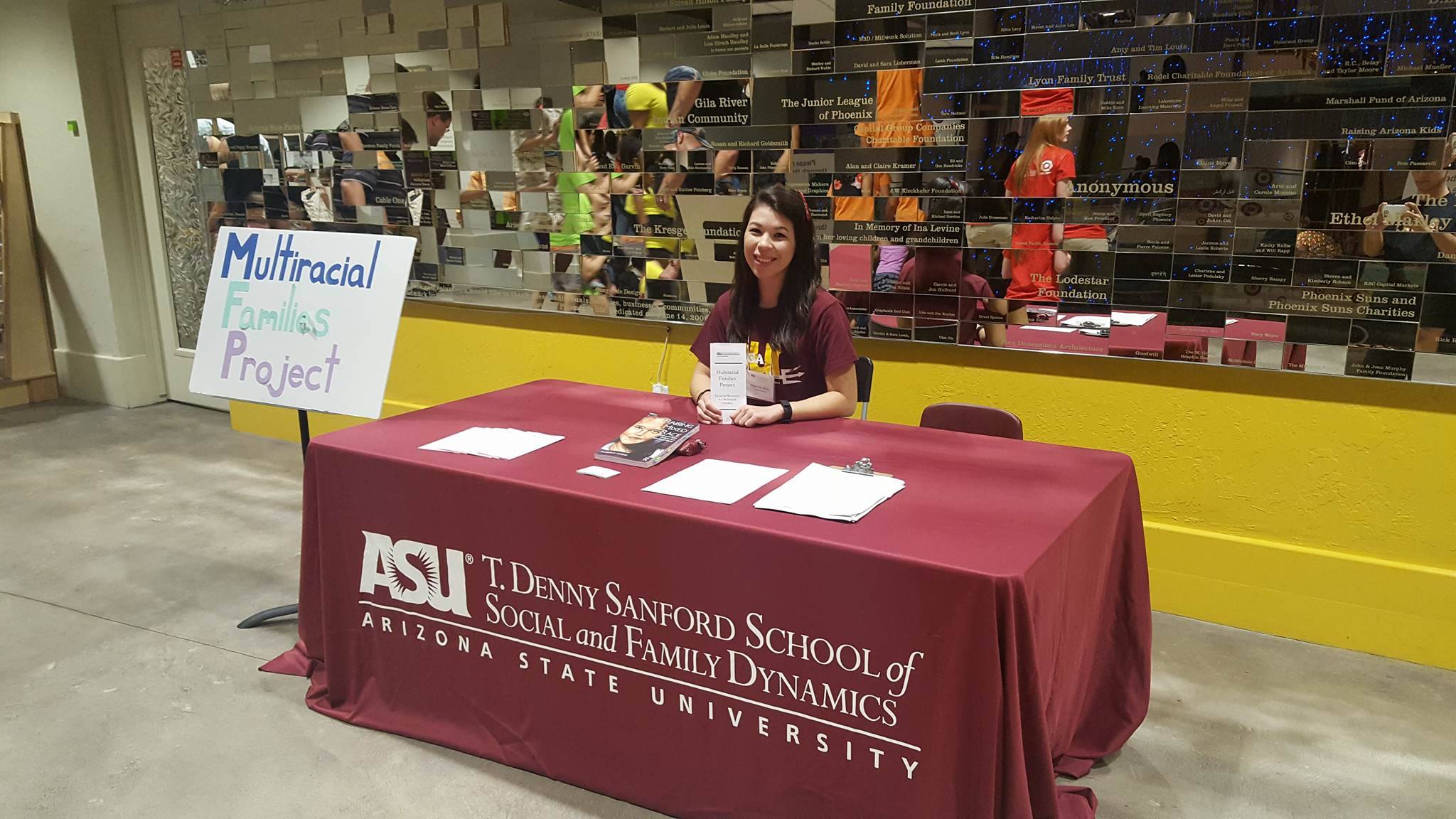An Interview and a SnapshotPosted in Articles, Autobiography, Identity Development/Psychology, Interviews, Media Archive, United States on 2018-01-22 02:25Z by Steven |
Neither/Both LLC: Counseling for Mixed individuals and interracial families
Minneapolis, Minnesota
2018-01-2018
Lola Osunkoya, MA, LPCC
Recently, I was contacted by someone out of state who wanted to interview me for a documentary they are filming for their thesis. They needed a professional or expert to discuss Mixed identity. I said no a couple of times due to time constraints as well as concerns about the project. A portion was sent to me that featured a White mother offering commentary about her Mixed children that was problematic—tone deaf comments about “good hair” and her perspective that her kids had no problems with their racial identity. After being reassured that this was exactly why they were seeking my perspective to add, I agreed to answer their questions via email.
I thought my answers turned out to be a pretty good snapshot of where I was at in December 2017 in the way I would describe my perspectives and experiences. It’s always tricky as a therapist to answer personal questions. Part of me wants to be completely transparent when talking about being Mixed, and part of me knows I need to take good care of my boundaries. It’s a flexible balance. The questions and my answers:
Read the entire article here.








